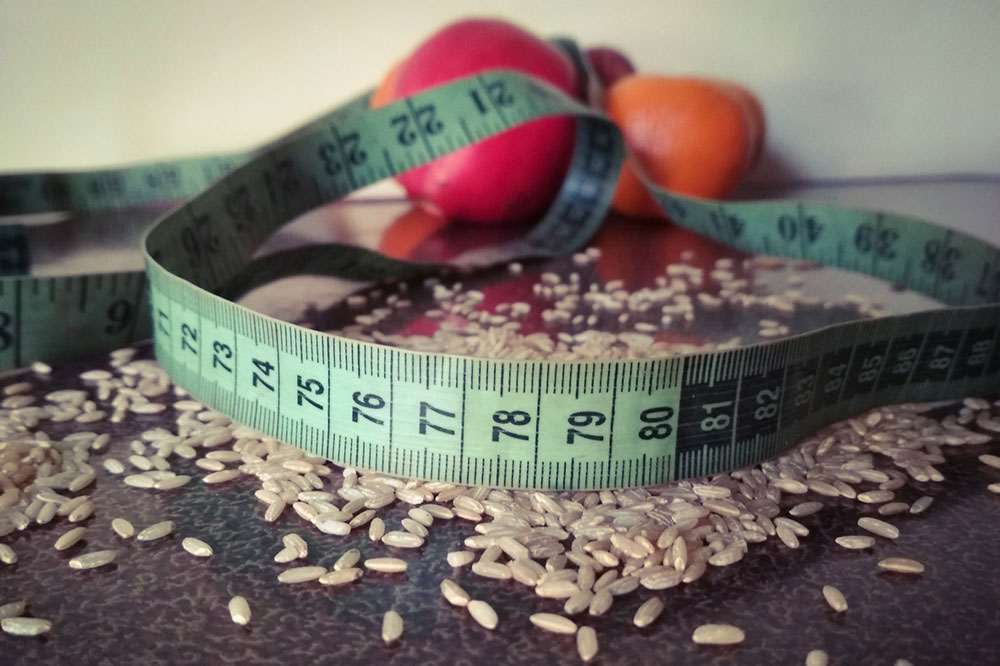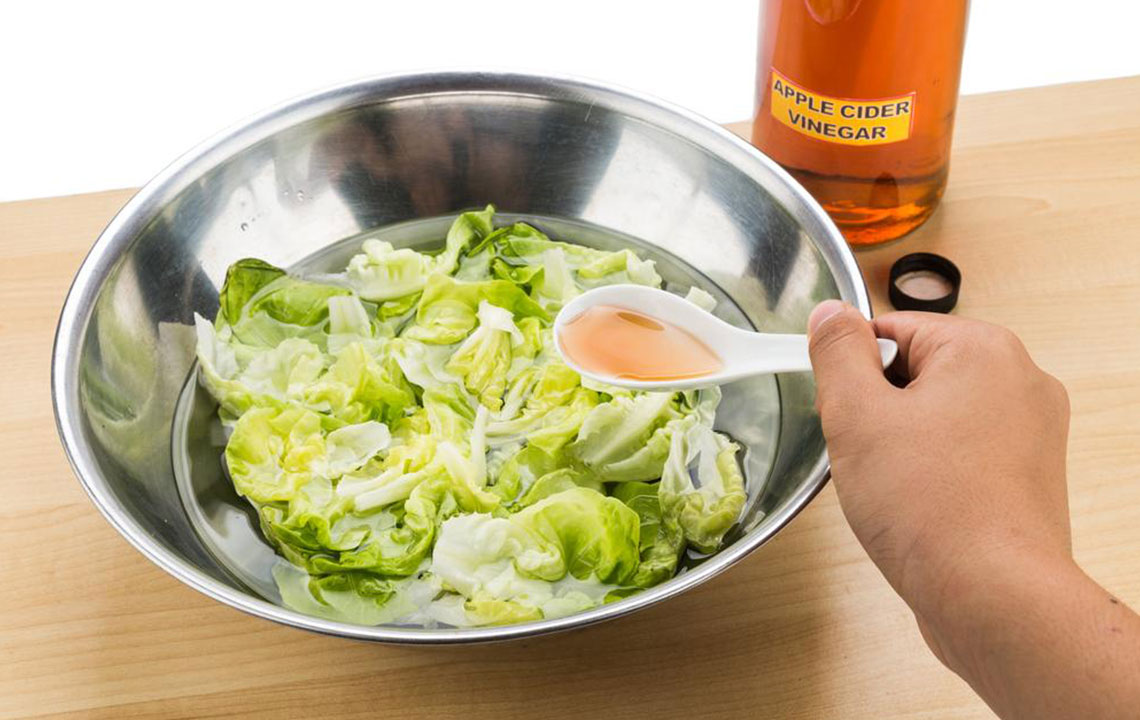Why Keeping Track of Your Daily Calorie Intake Matters
Discover the importance of monitoring your daily calorie intake to maintain health and prevent illnesses. Learn how balanced calorie consumption, combined with physical activity, supports overall well-being. This guide emphasizes the need to understand calorie quality, manage portions, and adapt to lifestyle changes for a healthier life.

The Significance of Managing Your Daily Calorie Consumption
A calorie measures the energy provided by food and drinks. Maintaining an appropriate calorie intake is vital for overall health and well-being. The recommended daily calories vary based on gender, age, lifestyle, and physical activity levels. On average, men should aim for around 2,500 calories daily, while women need about 2,000. These figures fluctuate depending on individual health factors and activity levels.
Foods contain different calorie amounts, and many individuals now focus on calorie management to achieve weight loss or maintain health. Monitoring food intake and portion sizes helps in staying within ideal calorie limits, especially for those with active lifestyles or weight goals.
Proper calorie regulation involves balancing consumption with physical activity. Consuming about 600-700 calories per meal is generally advisable, with snacks used to control hunger. Adjusting calorie intake based on lifestyle changes is essential. Young individuals, in particular, often consciously manage their calorie consumption to support weight management and overall health. Excess calorie intake without proper exercise can lead to health complications like obesity, high cholesterol, liver issues, and cardiovascular diseases.
Research indicates that both high and low calorie intakes affect health, especially when coupled with sedentary habits. Regular physical activity is as crucial as calorie control in preventing health problems. Inadequate calorie consumption can cause weakness, fatigue, low blood pressure, constipation, and gallstones.
Achieving a calorie balance is fundamental to a healthy lifestyle. Not all calories are equally beneficial; understanding the difference between healthy and unhealthy calories helps in making better dietary choices, supporting long-term wellness.










